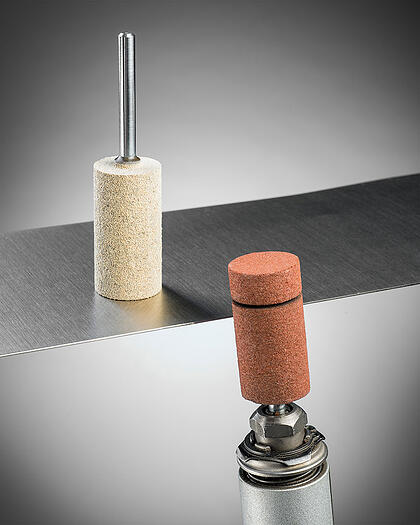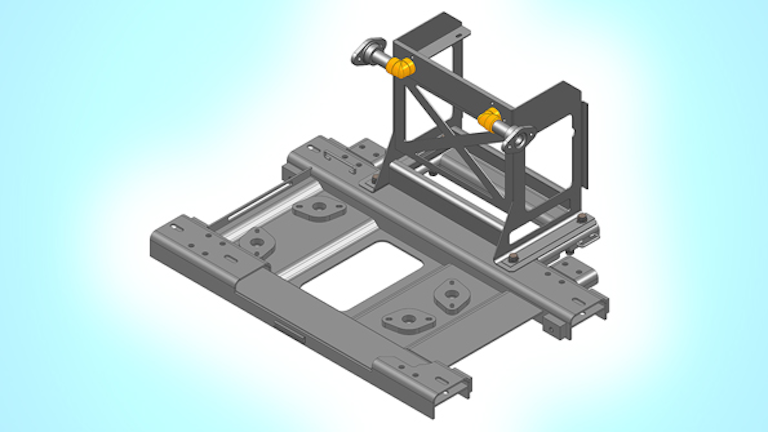Treatment Of Sheet Metal Burrs

For sheet metal support rolls are needed near the knives or files.
Treatment of sheet metal burrs. Filing grinding squashing and embossing. The air inside is replaced with an explosive mixture and then ignited. The operator uses a file sandpaper and a first class tool to polish the workpiece and removes the burr. The appearance of burrs will greatly reduce the quality standard of metal workpieces so it should be prevented or managed to remove burrs.
Examination of the edge surfaces of cut sheet metal will display differences between the burnish region and the fracture region. Deburring of sheet metal and components. Workpieces that have been laser cut or punched. Incorrect clearance isn t the only cause of burrs.
Considering the name of the method it is easy to deduce that in this case the burr is eliminated by cleaning the surface with a special type of brush. Explosive deburring is where you put the parts to be cleaned in a special pressure chamber. The process uses an explosive gas mixture to provide thermal energy to burn off the burrs. Well it s explosive deburring we have in mind.
To the edges where burrs may occur to reduce the occurrence of burrs. It is the fastest burr removal process requiring only 20 milliseconds to remove a burr. Attaining a burr free cut is about ensuring the beam parameters and gas dynamics work together to ensure the right amount of molten metal evacuates the kerf at the right time and in the right way. In manufacturing practice sharp tools can mitigate burrs.
Stationary carbide knives or flat files for smoothing the edges are easy to incorporate into a low speed operation. The easiest way for deburring including the following 10 listed methods. Thermal energy method tem also known as thermal deburring is a deburring process used to remove hard to reach burrs or burrs from multiple surfaces at the same time. Burr is a metal part of the metal casting milling or electroplating process metal surface residual or extremely fine microscopic metal particles.
There are a number of ways to remove sharp edges and burrs quickly and affordably from metal parts including vibratory finishing and barrel tumbling. Below are some examples. The method works in a similar way to manually deburring with sandpaper and similar tools. Although the beam wavelength and profile may be different fiber lasers and the assist gas still work together.
Add grooves cuts rounded corners etc. Metal components that need deburred edges that cannot be sharp to the touch. Dull or damaged knife edges can cause them too. For elevator stainless steel sheet metal parts the product design department considers the burr formation mechanism and removal method at the product and process design stage to minimize burrs.
The burnish zone is straight and has a smooth surface while the fracture zone is angled and has a rough surface. The resulting heat and pressure vaporize those annoying burrs leaving the edges clean and smooth.
















































